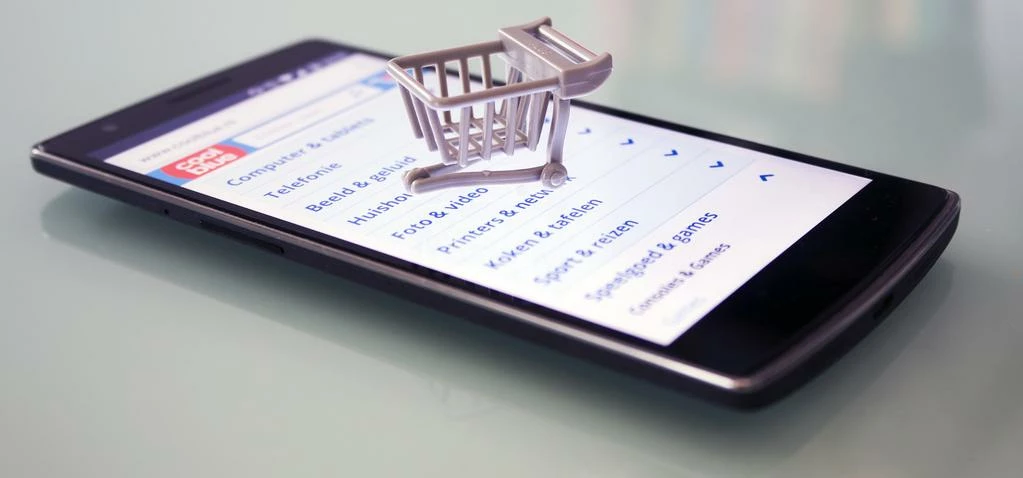
Partner Article
The Aftermath of the Holiday’s Online Shopping Season
The holidays are over, but cybercriminals haven’t started collecting their “pray” yet. If you used your credit card during the holidays, pay attention to your transaction information in the months to come. Cybercriminals usually don’t begin withdrawing money from stolen credit cards immediately after the theft, but wait for a few weeks or months to cash themselves out.
According to Kaspersky Lab, an increase in the number of cyber-attacks was noticed during Black Friday, Cyber Monday and Christmas holiday period. Their researchers reported that the number of users who encountered malware capable of stealing valuable financial information and money reached 319,00 in the 4th quarter of 2016 – 22.49% more than last year.
Cyber-Attack Schedule
Kaspersky Lab protection technologies detected a significant rise in the number of cyber-attacks in November. On Cyber Monday (November 28th), twice as many users were attacked than the day before. A reason large enough for banks and credit card holders to be aware of the dangers of financial malware attacks and take adequate steps to protect themselves. Financial malware target everyone from clients to owners of e-Shops.
Of all the cyber-attacks during the holiday period, Nymaim, Gozi, Zbot, Neurevt and Shiotob trojan (some of the most known banking Trojans) malware were responsible for 92.35%.
Black Friday and Christmas
Attacks that occur during Black Friday and Christmas period differ from the Cyber Monday attacks. The increase then happens about a day or two before the very holiday, because the shopping spree doesn’t happen solely online, unlike Cyber Monday purchases. This is why cybercriminals focus their efforts exactly on that date.
How Do Cybercriminals Steal Private Data?
There are numerous ways for them to get a hold on your private credit card information. They can do it by infecting your computer with a malware. It happens when a user accepts an online offer without reading it, downloads and installs an infected software, or opens an attachment in an email that they never expected to receive. Malicious software can also get into your computer if you visit unknown links or insert and infected drive or disc.
If your private data is kept safe by other companies, it can be stolen during a breach in their security system. As reported by Securelink: “Yahoo confirmed the company did not discover the breach on its own. Law enforcement approached the company with news of the breach in November. Since then, Yahoo notes it has been unable to identify “the intrusion associated with this theft.” Significant information was stolen from private user accounts and included names, birthdates, telephone numbers, encrypted/unencrypted security questions and email addresses.
As a result of such event, many users’ accounts on other platforms, including banks and online shopping platforms, could be endangered. Just like the breach of LinkedIn user data caused the problem for users on other websites.
If you are worried about your accounts, there is a web app called Have I been pwned? It can tell you whether you are under risk and if you should take any steps for protecting your private data. Research on all the best ways to protect yourself from cyber-attacks and use the one you find the most reliable.
When the holidays come, we tend to relax because there are many other things that occupy our minds. However, you should always make your online shopper profile secure from the risk of cyber-attacks. Make sure to install technology that will protect you from financial frauds on the device you use to make a purchase. Also, always check whether the Web page is legitimate before you enter your private data, because fake Web pages are made to look identical to the real ones. If you have reasons to believe that a website is fake or at least suspicious, restrain from providing your personal and credit card data.
This was posted in Bdaily's Members' News section by Marcus Jensen .








 Raising the bar to boost North East growth
Raising the bar to boost North East growth
 Navigating the messy middle of business growth
Navigating the messy middle of business growth
 We must make it easier to hire young people
We must make it easier to hire young people
 Why community-based care is key to NHS' future
Why community-based care is key to NHS' future
 Culture, confidence and creativity in the North East
Culture, confidence and creativity in the North East
 Putting in the groundwork to boost skills
Putting in the groundwork to boost skills
 £100,000 milestone drives forward STEM work
£100,000 milestone drives forward STEM work
 Restoring confidence for the economic road ahead
Restoring confidence for the economic road ahead
 Ready to scale? Buy-and-build offers opportunity
Ready to scale? Buy-and-build offers opportunity
 When will our regional economy grow?
When will our regional economy grow?
 Creating a thriving North East construction sector
Creating a thriving North East construction sector
 Why investors are still backing the North East
Why investors are still backing the North East